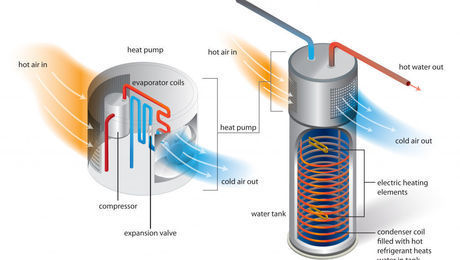Customer is inquiring about having a 29KW unit installed in a residence.
Specs call for (3) x 40A Circuits.
Should the Poco be contacted before something like this is installed?
First off I need to verify customer service size.
I do know that many of the pole mounted Xfmrs around here are 25Kva.
Anybody here routinely install these types of units??
Mfgr spec states: "Dwelling must be supplied by a 200A electrical service"
Just doesn't seem practical to try to add this amount of load.
Thanks
Specs call for (3) x 40A Circuits.
Should the Poco be contacted before something like this is installed?
First off I need to verify customer service size.
I do know that many of the pole mounted Xfmrs around here are 25Kva.
Anybody here routinely install these types of units??
Mfgr spec states: "Dwelling must be supplied by a 200A electrical service"
Just doesn't seem practical to try to add this amount of load.
Thanks


